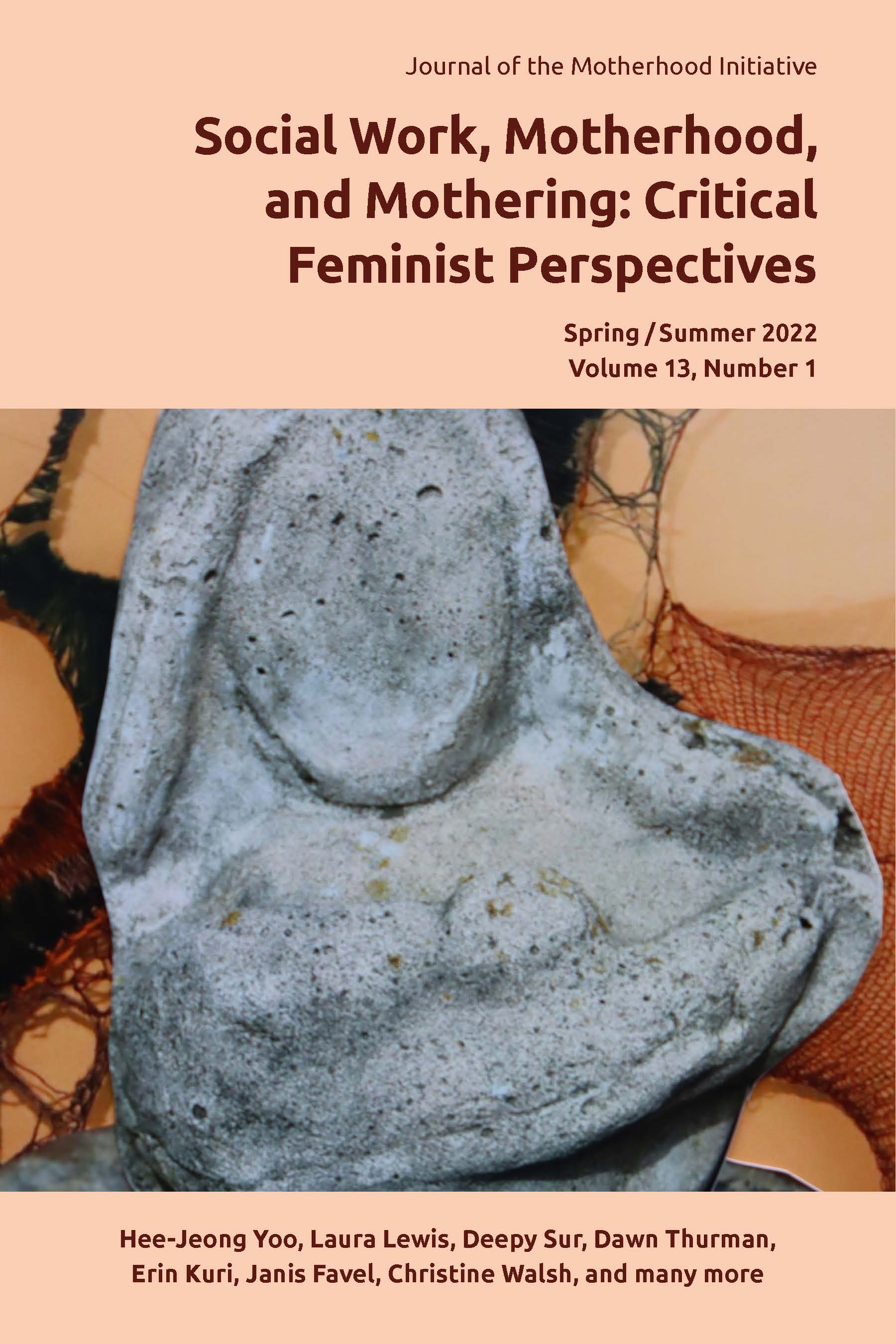Empowered Transformation: How Social Workers Can Help Mothers with Addictions
Abstract
Mothers are subject to intense cultural and social expectations about their role. For some, attempting to meet those expectations leads to, or worsens, mental health problems, including addiction. Mothers living with addictive behaviours are one of the most stigmatized groups in our society. With their anti-oppressive practice lens, clinical social workers are in an ideal position to offer effective treatment to mothers living with addictions. However, social workers must be mindful that some often used treatment approaches can enhance stigma, complicate relapse recovery, and promote reductionistic understandings of addiction. To mitigate these risks, this article espouses an anti-oppressive, matricentric, and feminist approach to discussing the mother identity, highlighting where social workers can avoid traps that disempower women. We then critique two addiction treatment approaches that are used to increase motivation for change: the nostalgia approach and motherhood as an anchor. Finally, we share our empowered transformation model, which social workers can weave into addiction treatment with mothers to effect multilevel change. A case study illustrates the use of the empowered transformation model.
Downloads
Published
How to Cite
Issue
Section
License
All intellectual property in relation to material included on this site belongs to the Motherhood Initiative for Research and Community Involvement (MIRCI). All material on this site is protected by Canadian and international copyright and other intellectual property laws. Users may not do anything which interferes with or breaches those laws or the intellectual property rights in the material. All materials on the Motherhood Initiative for Research and Community Involvement (MIRCI) are copyrighted and all rights are reserved. Any reproduction, modification, publication, transmission, transfer, sale, distribution, display or exploitation of the information, in any form or by any means, or its storage in a retrieval system, whether in whole or in part, without the express written permission of the Motherhood Initiative for Research and Community Involvement (MIRCI) is prohibited. Please contact us for permission to reproduce any of our materials. This site may include third party content which is subject to that third party's terms and conditions of use.


